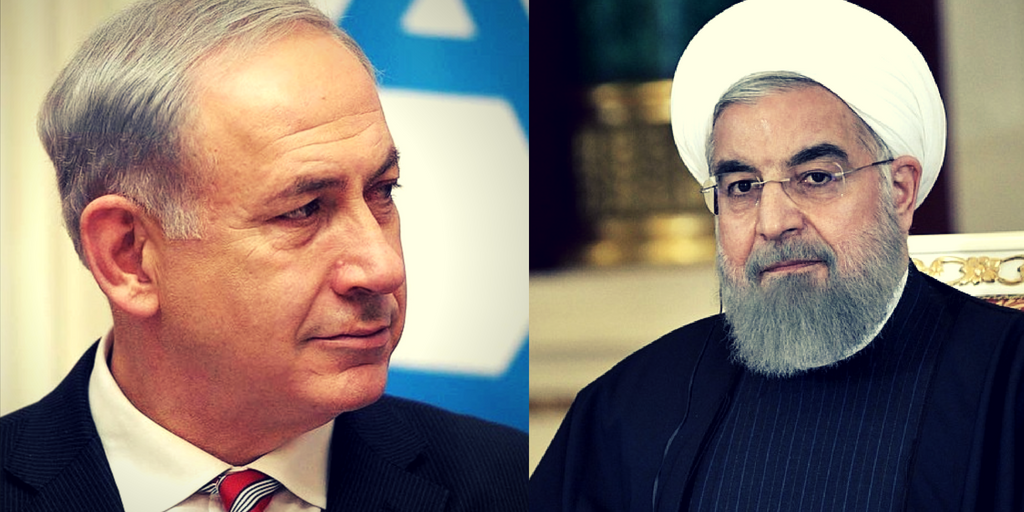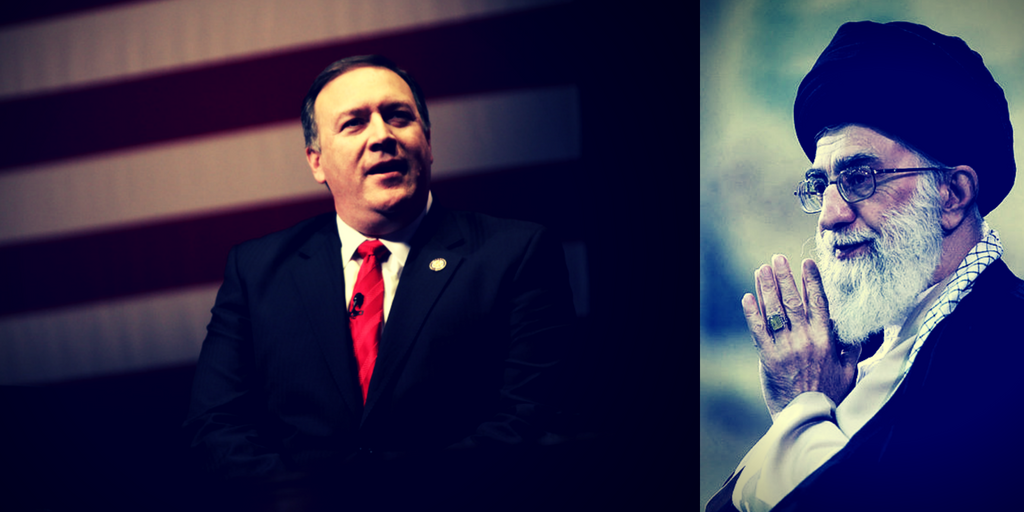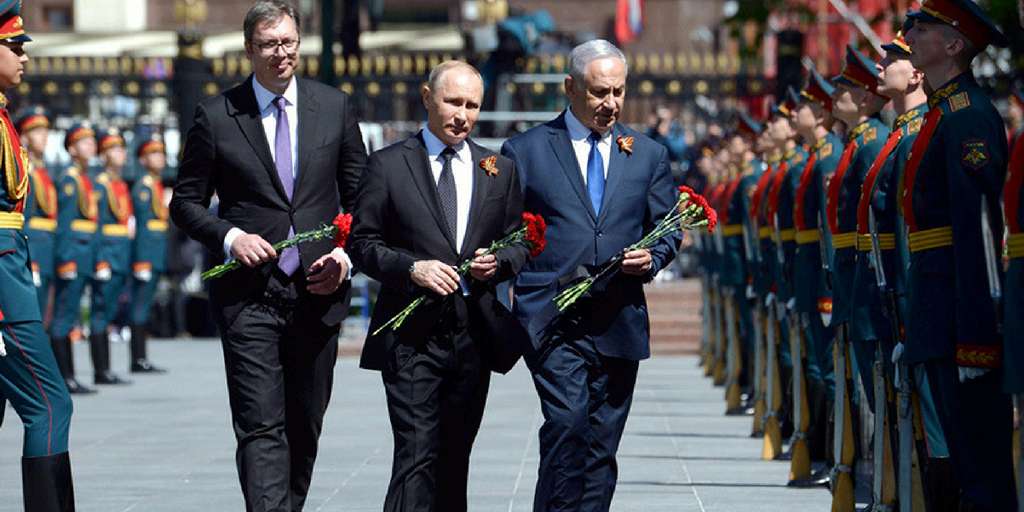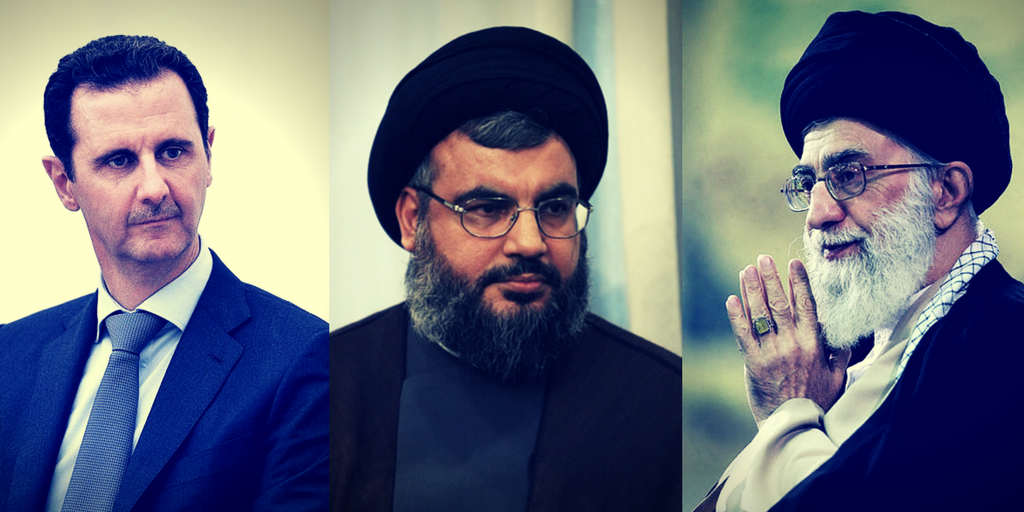Rumors are swirling the Arab media that an Israeli delegation met with their Iranian counterparts in Amman, using Jordan as a go between. First of all, the idea they are talking at all is truly astounding, but what was discussed is even more surprising.
Elaph, the Saudi owned news site was the first to break the story.
Middle East Eye summarizes the Arabic language story as follows:
Iran reportedly pledged to stay out of fighting in southwest Syria between Syrian forces and rebel groups while Israel said it will not intervene in battles near the Israeli-occupied Golan Heights or the Israel-Jordan border so long as Hezbollah and Iranian-backed militias are not involved.
For the negotiations, Iran’s ambassador to Jordan, Mostafa Moslehzadeh, stayed in a hotel room with Iranian security personnel next door to a room of senior Israeli security officials, including the deputy head of Mossad, Elaph reported.
Jordanian officials served as mediator, shuttling messages between the two rooms, according to the report.
Apparently, the two sides did come to some agreement of terms. Middle East eye continues:
One participant told Elaph that the Iranians “arrived at a quick agreement” that its forces would not intervene in fighting near the Golan Heights and the Israel-Jordan border, surprising the Israeli representatives.
Assuming all of this is true, it would signal a major concession by Iran. In a sense Tehran can be seen as capitualting in the face of an unprecedented offensive by Israel. Given the fact that Israel has been tacitly backed by Russia over the last few months, while the IAF has essentially wiped out Iran’s IRGC holdings in southwest Syria seems to have made an impression on Tehran.
Sources indicate that the next stage in the offensive involves the IAF attacking Iranian targets closer to Iraq. Given Russia’s belief that Iran has overstayed its welcome in Syria, then there is no reason to believe the IAF would not have the same degree of free movement it already enjoys in Syria.
Iran Appears to be on the Retreat
Iran’s economy is about to take a serious hit from Trump’s JCPOA decertification. It is also losing its inevitable control over Iraq to a neutral player in Sadr, and its move towards Israel has only bought it destruction. Does this mean we have seen the last of Iran? Not at all. The Ayatollah’s understand they need to shift focus. So rather than Iran doing the heavy lifting, the job of attacking Israel falls to Hezbollah.
Iran will attempt to focus its energies on holding onto its control of the Shiite areas in Iraq as it seeks to dominate the Persian Gulf.











